Stay updated with the latest trends in the pharmaceutical world—from breakthrough research and industry innovations to business strategies and
manufacturing insights. Our featured blog posts offer valuable knowledge and expert commentary to help you stay ahead in the rapidly evolving healthcare landscape.
Top 5 Reasons to Choose a Capsule Manufacturer in India
Why India is a Global Choice for Capsule Manufacturing
Introduction
In today’s competitive pharmaceutical industry, manufacturing quality and efficiency can define the success or failure of a brand. For capsule production especially, companies require partners who can provide consistency, scalability, and compliance at the right cost. Instead of building in-house facilities, many companies now choose to outsource capsule manufacturing.
Among global destinations, India has become a preferred choice for capsule outsourcing, serving as a reliable hub for international pharmaceutical companies. Manufacturers like Vtv Formulations combine global-quality standards with affordability, making India a smart and strategic option for capsule production.
India: A Global Leader in Pharmaceutical Manufacturing
India is widely regarded as the “pharmacy of the world”. Ranked among the largest producers of medicines by volume, India supplies affordable and high-quality pharmaceuticals to more than 200 countries. Capsule manufacturing has become one of its strongest pillars thanks to:
- Modern pharmaceutical clusters with state-of-the-art facilities
- A highly skilled scientific workforce
- Government incentives to promote pharmaceutical exports
- Strong adherence to international regulatory standards
This ecosystem ensures that Indian capsule manufacturers deliver products that are both cost-effective and globally trusted.
High Standards of Quality Assurance
For pharmaceutical brands, product quality is non-negotiable. Indian capsule manufacturers implement multi-step quality checks—from sourcing of raw materials to final testing—to ensure capsules are consistent, effective, and safe.
Companies like Vtv Formulations guarantee that capsules pass through:
- Rigorous raw material testing
- In-process monitoring
- Final-stage product validation against international benchmarks
GMP Certification
Many Indian capsule manufacturers operate under WHO-GMP certification, which ensures that every step of the production process follows international Good Manufacturing Practices. GMP certification demonstrates compliance with strict hygiene, safety, and process control standards—vital for international business expansion.
High-Quality Raw Materials
The base of capsule effectiveness lies in the quality of ingredients. Indian manufacturers use premium-grade gelatin, HPMC, and other excipients, ensuring every capsule meets global safety and performance requirements. Vtv Formulations emphasizes reliable supplier networks and thorough raw material verification before production begins.  |
10 Tips for Finding the Right Ointment Contract Manufacturer in India
India’s pharmaceutical industry is one of the most dynamic and rapidly growing sectors in the global healthcare landscape. Over the past decade, the country has not only become a major supplier of generic medicines but also a trusted hub for third-party and contract manufacturing. Among the numerous product categories, ointment manufacturing has gained tremendous demand due to its broad application in therapeutic, dermatological, cosmetic, and herbal products. From antibacterial creams to soothing gels, ointments are integral to patient care and wellness routines.
For companies looking to expand their product portfolios, partnering with a reliable ointment contract manufacturer in India can be a game-changer. It allows them to access advanced production technologies, quality assurance systems, and economies of scale without investing heavily in infrastructure. However, with hundreds of manufacturing firms operating across India—each claiming superior quality and faster delivery—the real challenge lies in finding the one that aligns perfectly with your business objectives, regulatory expectations, and brand identity.
Choosing the wrong manufacturing partner can have severe consequences. Poor formulation stability, non-compliance with regulations, delayed deliveries, or substandard packaging can harm not just your business but also consumer trust. Conversely, the right partner acts as an extension of your brand, ensuring every batch produced reflects your company’s commitment to excellence. Therefore, careful evaluation and due diligence are non-negotiable steps before finalizing any contract.
In this comprehensive guide, we’ll outline ten essential tips for identifying a trustworthy ointment contract manufacturer in India. We’ll cover everything—from assessing reputation and technical expertise to understanding capacity, pricing transparency, and communication efficiency. Whether you are a startup entering the pharmaceutical market or an established brand seeking to outsource production, these guidelines will help you make an informed, confident decision.
Let’s explore how to turn your ointment manufacturing vision into a sustainable success story by selecting a partner that shares your standards of quality, trust, and innovation. 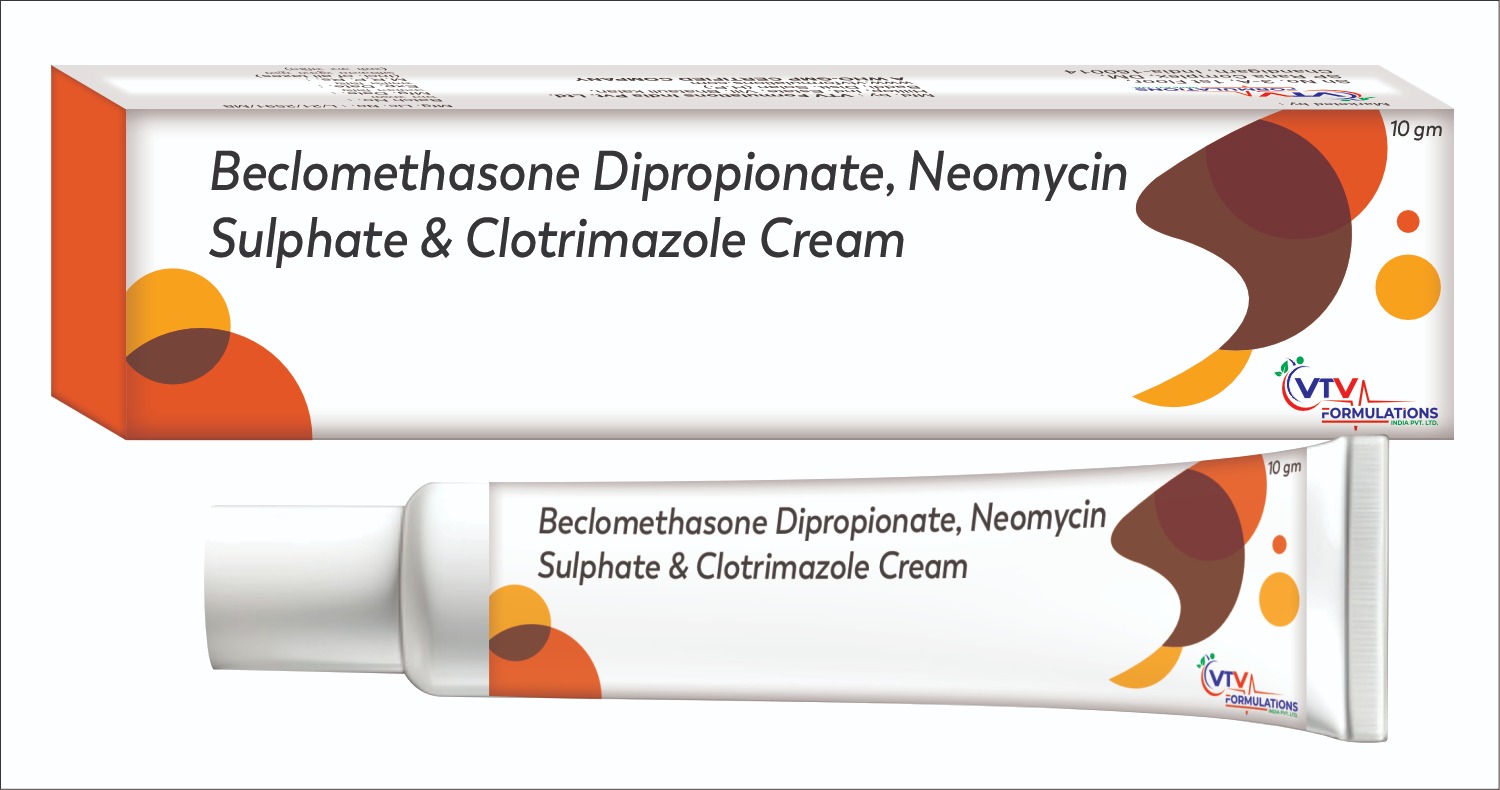 |
How to Find the Best Third-party Manufacturer for Your Soft Gel Product
Understanding Third-Party Soft Gel Manufacturing
The demand for soft gel capsules in pharmaceuticals and nutraceuticals is growing rapidly. These capsules are preferred due to their ease of consumption, high bioavailability, and ability to protect sensitive ingredients such as oils, vitamins, and herbal extracts.
For brands looking to launch a soft gel product, choosing the right third-party manufacturer is crucial. The right partner ensures that your products meet quality standards, regulatory requirements, and market expectations. Third-party, or contract manufacturing, allows companies to focus on marketing, distribution, and brand-building while leaving the technically complex production process to experts.
Outsourcing soft gel production brings multiple advantages. Companies can save on infrastructure, machinery, and labor costs, while leveraging the manufacturer’s technical expertise. Regulatory compliance is also easier to maintain, as certified manufacturers follow Good Manufacturing Practices (GMP) and other international standards.
Additionally, working with an experienced manufacturer speeds up the time-to-market, allowing brands to quickly introduce products without compromising on quality. Third-party partnerships also offer flexibility, enabling companies to scale production based on demand.
This guide will help you understand how to identify, evaluate, and partner with the best soft gel manufacturers, while highlighting common challenges and key considerations to ensure a smooth and successful manufacturing experience.  |
Third Party Manufacturing Pharmaceuticals In India
Understanding Third-Party Pharmaceutical Manufacturing
The pharmaceutical sector in India has experienced exceptional growth over the past decade, and much of this progress is driven by the increasing adoption of third-party manufacturing. This model provides companies the freedom to expand their product portfolio without the heavy financial burden of building manufacturing infrastructure. In a competitive market where quality, speed, and cost efficiency matter the most, third-party manufacturing has become an essential part of modern pharmaceutical business strategy.
What Is Third-Party Manufacturing?
Third-party pharmaceutical manufacturing—often referred to as contract manufacturing—allows a pharma company to outsource the production of medicines to a certified manufacturer. The product is made according to the client’s specifications but is marketed under their own brand name. The manufacturer handles formulation, production, testing, packaging, and labeling, while the marketing company focuses on promotion, distribution, and brand building.
This approach is highly effective for the pharmaceutical industry, where advanced machinery, strict testing environments, skilled professionals, and regulatory compliance are critical for success.
How the Manufacturing Process Works
The process of third-party manufacturing is systematic, transparent, and designed to minimize complications:
- Contract & Agreement: The first step involves signing a legal agreement where both parties decide on product details, responsibilities, timelines, and cost structure.
- Product & Composition Selection: The marketing company selects formulations from available options or requests custom formulations based on market requirements.
- Documentation & Approvals: Essential documents like Drug License, GST Certificate, product artwork, and composition details are submitted.
- Production & Quality Testing: The manufacturer produces the medicines under WHO-GMP conditions. Each batch undergoes rigorous testing for purity, safety, stability, and effectiveness.
- Branding & Final Packaging: Once cleared, products are packed, labeled, and prepared according to the client’s brand guidelines.
- Dispatch & Delivery: The final products are shipped to the marketing company for promotion and distribution.
Why Third-Party Manufacturing Matters
This model is significant because it eliminates the complexities of manufacturing and allows companies to focus on core areas such as marketing and brand growth. It ensures cost savings, faster production cycles, and high-quality output—making it the preferred model for thousands of pharma brands across India.  |
How to Choose the Best Third-Party Manufacturer for eye drops in India for Your Product
Why SMEs Need Third-Party Manufacturers & Key Considerations
Small and Medium Enterprises (SMEs) are the backbone of many economies, including India’s. They create jobs, foster innovation, and drive local economic growth. However, running an SME is no easy feat. One of the biggest challenges entrepreneurs face is identifying a reliable third-party manufacturer—especially for niche pharmaceutical products like eye drops. These manufacturers can help SMEs avoid the heavy investments needed for production facilities while allowing them to focus on marketing, branding, and distribution.
But finding the right manufacturing partner requires more than a quick search. It’s essential to consider a variety of factors that will influence product quality, timelines, and long-term success.
Key Factors to Consider :
- Product Design : Your product’s design is critical. A quality manufacturer will offer not just production, but design support. They should help you refine packaging, labeling, and even viscosity or dosage mechanisms for eye drops if required.
- Materials : Different materials come with different price points, functionalities, and compliance issues. For eye drops, choosing between plastic (for dropper bottles), glass (for premium feel or sensitive formulations), and even eco-friendly alternatives matters. Your manufacturer should offer clarity and flexibility.
- Timelines : Delays can disrupt market launches and client trust. Choose a manufacturer with realistic timelines and transparent production schedules. Make sure they can scale if demand increases suddenly.
- Pricing : Affordability matters, but so does quality. Look for a manufacturer who provides value, not just low costs. Pricing should be broken down clearly, including setup charges, per-unit costs, packaging, and regulatory compliance fees.
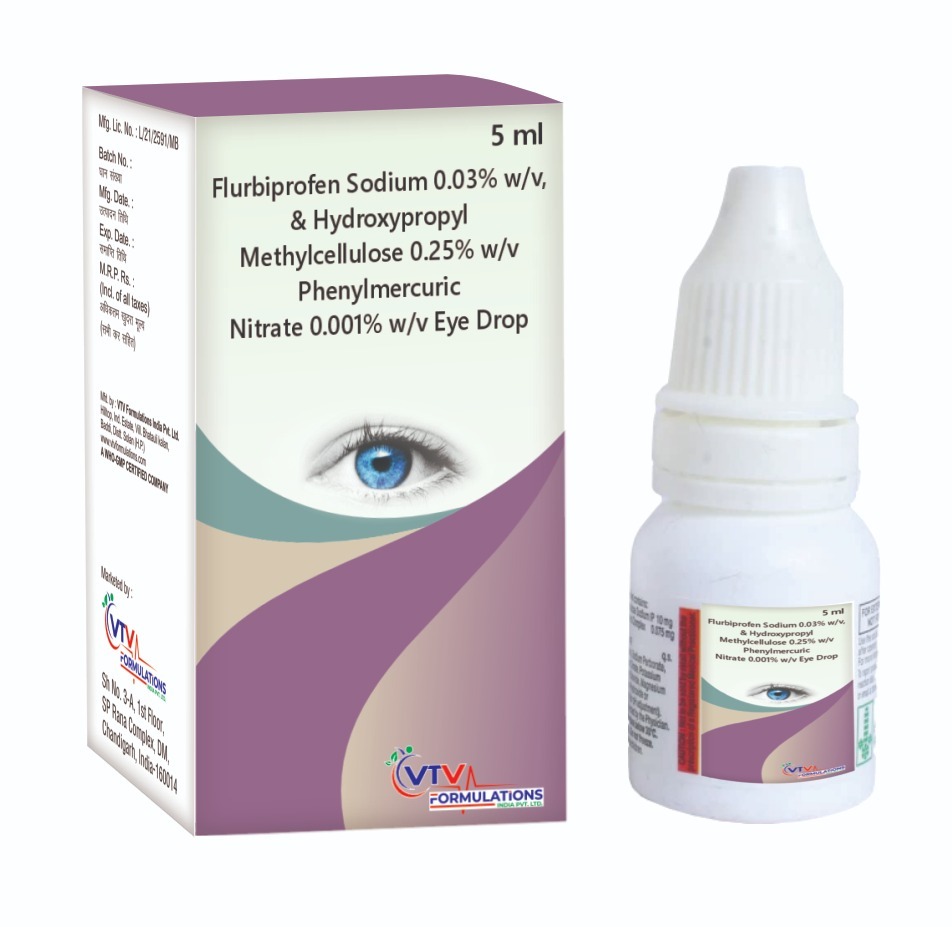 |
Nasal Spray Third Party Manufacturer
Nasal sprays have become an essential tool in modern medicine, offering a highly effective and convenient method for delivering medications directly to patients. Unlike oral medications, nasal sprays deliver drugs through the nasal mucosa, which allows them to bypass the gastrointestinal tract and the liver’s first-pass metabolism. This means faster absorption, more immediate effects, and fewer systemic side effects. As a result, nasal sprays are particularly useful for conditions that require quick relief, including seasonal allergies, sinus infections, colds, and asthma. Their role has even expanded to hormone therapy and the delivery of certain vaccines and psychiatric medications.
One of the main advantages of nasal sprays is their versatility. They can contain antihistamines for allergy relief, decongestants for sinus blockages, corticosteroids for inflammation, or pain-relief agents for rapid symptom control. Additionally, the convenience factor cannot be overstated. Unlike tablets or syrups, nasal sprays require no water and can be administered discreetly, making them ideal for busy individuals or situations where immediate relief is necessary. For example, someone experiencing a sudden migraine or an asthma flare-up can benefit from a metered-dose nasal spray almost instantly, whereas oral medications may take 30–60 minutes to become effective.
Another advantage of nasal sprays is their ability to target specific areas, such as the sinuses, providing localized relief while reducing systemic exposure. This targeted delivery is particularly valuable for patients with chronic sinusitis or nasal allergies. Innovations in formulation technology have further expanded their potential. Today, nasal sprays are not only limited to symptomatic relief but are also being used for hormonal therapies, such as desmopressin for diabetes insipidus, and emerging treatments like ketamine sprays for depression.
Moreover, nasal sprays have gained popularity due to their travel-friendly and non-invasive nature. Patients who are needle-averse or have difficulty swallowing tablets can benefit significantly. With the rise of nasal vaccines, including influenza and COVID-19 nasal vaccines, the demand for reliable nasal spray products has only increased. For pharmaceutical brands, this growing demand translates into ample opportunities, but success depends heavily on choosing the right manufacturing partner who can maintain consistent quality and compliance. 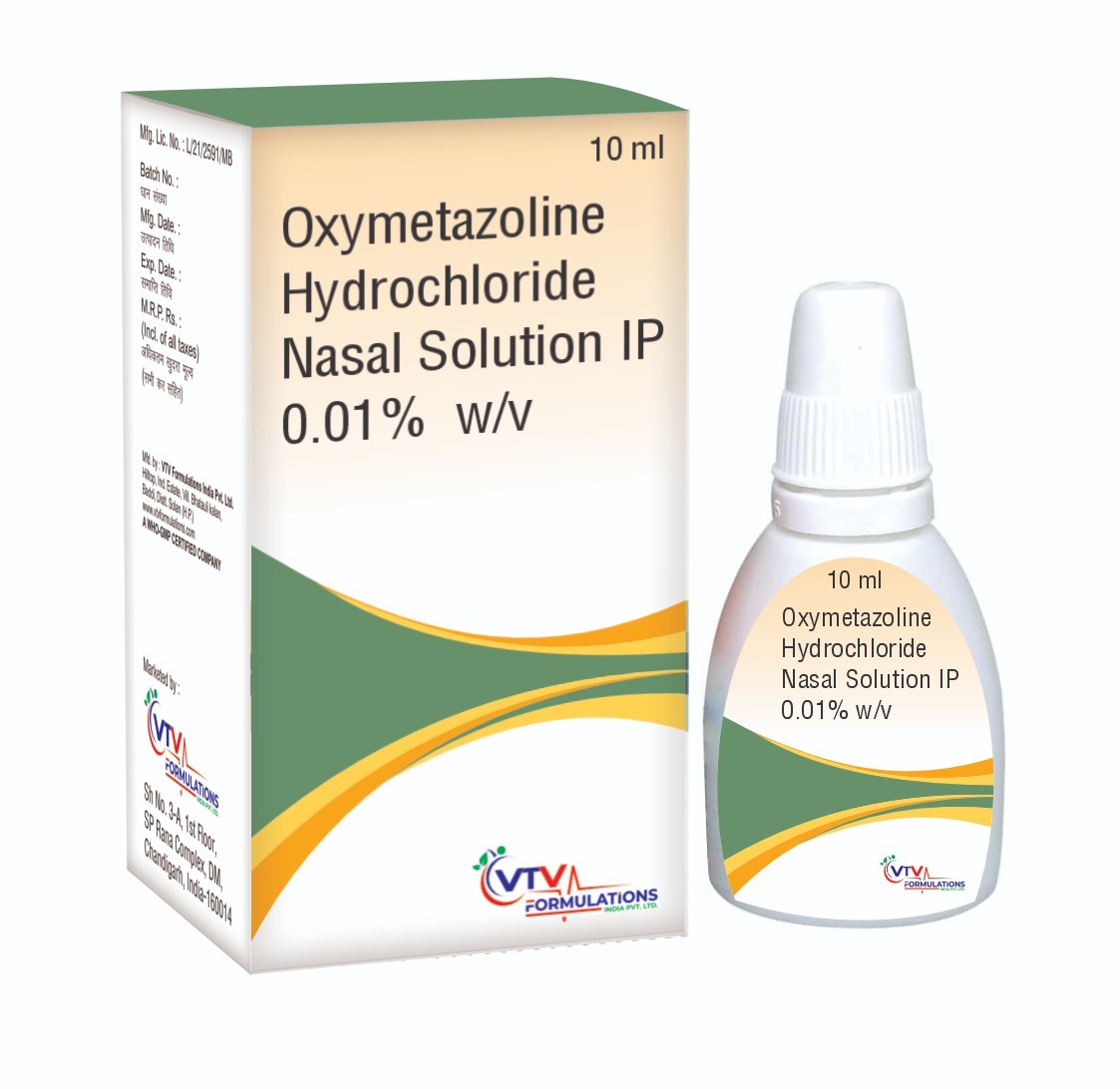 |
What Is a Pharmaceutical Syrup Contract Manufacturer and Why Should Your Company Consider One
Pharmaceutical syrups are one of the most widely used dosage forms in the healthcare industry, preferred for their ease of administration, better taste, and suitability for children, elderly patients, and individuals who have difficulty swallowing tablets or capsules. As the global pharmaceutical market continues to expand rapidly, so does the demand for high-quality syrups—whether they are cough suppressants, multivitamin tonics, digestive syrups, antibiotic suspensions, or Ayurvedic/herbal formulations.
However, manufacturing pharmaceutical syrups is a complex, highly regulated, and capital-intensive process. It requires advanced equipment, specialized cleanrooms, precise formulation expertise, and rigorous quality assurance. Many pharmaceutical companies—especially small and mid-scale businesses—do not have access to these resources or may not want to invest heavily in full-scale production units. This is where pharmaceutical syrup contract manufacturers play a crucial role.
A pharmaceutical syrup contract manufacturer is a specialized third-party company that produces liquid formulations on behalf of pharma brands. These companies operate WHO-GMP certified facilities, use state-of-the-art machinery, follow pharmacopeial standards (IP, BP, USP), and ensure compliance with regulatory authorities such as CDSCO, State FDA, ISO, and in some cases, USFDA or EU-GMP. The brand owner provides the concept, product specifications, or formulation requirements, while the contract manufacturer handles everything from sourcing raw materials to final packaging.
This model allows pharmaceutical companies to expand their product portfolio without bearing the enormous cost of infrastructure, regulatory approvals, and labor management. It also supports faster scalability, enables companies to respond quickly to changing market demands, and ensures consistent product quality governed by strict QA and QC systems.
The pharmaceutical syrup contract manufacturing sector is growing rapidly in India due to the country's cost-efficient production ecosystem, skilled workforce, and advanced industrial capabilities. Many global and domestic brands rely entirely on contract manufacturers to meet seasonal demands (like cough syrups during winter), launch new products faster, or maintain uninterrupted supply in multiple regions.
Whether you are a new entrant in the pharma space or an established company looking to expand operations, understanding the role, benefits, and selection criteria of a contract manufacturer is essential. This knowledge helps you make strategic decisions, minimize risks, and build long-term partnerships that support high-quality, compliant, and consistent product output. In the following sections, we explore what pharmaceutical syrup contract manufacturers do, the key advantages of partnering with them, and how your company can benefit from this production model. 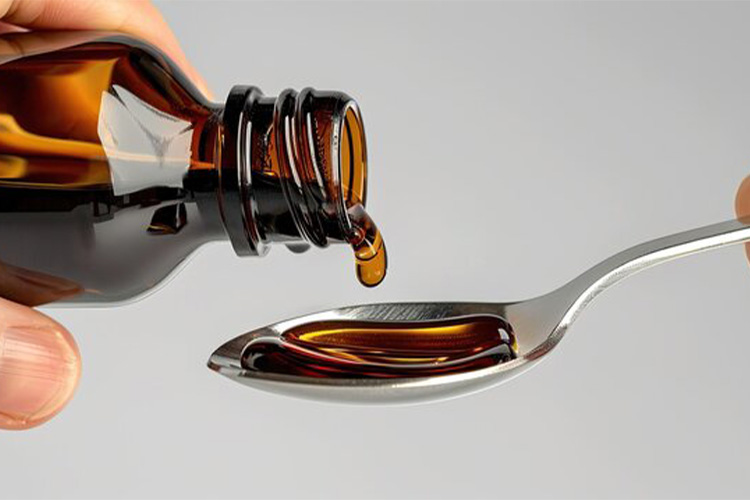 |
A Guide to Finding the Best Third-Party Injection Manufacturers
India has emerged as one of the most trusted and advanced hubs for third-party injectable manufacturing. With state-of-the-art infrastructure, skilled talent, and global-standard certifications, Indian manufacturers produce high-quality injectable medicines for domestic and international markets. Pharmaceutical companies today prefer outsourcing their injectable production to specialized contract manufacturers to reduce costs, minimize operational load, and bring products to market faster. This collaboration model allows brands to expand their offerings without investing heavily in sterile manufacturing facilities, which require precision, automation, and strict environmental controls.
Injectables are among the most sensitive pharmaceutical categories because they involve direct administration into the bloodstream or tissues. This demands exceptional sterility, careful handling, and validated processes. India’s leading third-party injectable manufacturers follow WHO-GMP, ISO, and Schedule-M guidelines to ensure that every vial or ampoule meets rigorous safety and quality parameters. With automated filling lines, purified water systems, sterilization tunnels, depyrogenation systems, and robust quality control labs, these manufacturers maintain the highest standards of injectable production.
Many pharmaceutical companies—from startups to well-established brands—choose third-party manufacturing to reduce overhead costs and speed up product launches. This approach lets businesses utilize the existing expertise and technological infrastructure of experienced manufacturing units. As a result, companies gain access to high-quality injectables without worrying about plant setup, compliance audits, manpower training, or expensive maintenance. With the increasing global demand for cost-effective injectables, India’s third-party manufacturing ecosystem continues to grow rapidly.
Key Benefits of Third-Party Injectable Manufacturing
- Lower Capital Investment: Avoiding the establishment of a sterile unit saves huge investment on equipment, facility design, HVAC systems, and technical manpower, allowing companies to allocate funds toward marketing and expansion.
- Faster Market Expansion: Since the manufacturer already has approved facilities and resources, brands can immediately begin production and launch their injectable range without long setup delays.
- Higher Operational Efficiency: Manufacturers manage raw material procurement, quality testing, formulation, filling, packing, and dispatching, helping companies operate smoothly with reduced workload.
- Better Compliance & Quality Assurance: WHO-GMP certified contract manufacturers follow strict quality procedures, ensuring every batch meets sterility, stability, and safety standards to minimize regulatory issues.
- Focus on Branding & Marketing: Instead of managing complex manufacturing operations, companies can focus on sales growth, doctor engagement, distributor networks, and overall brand-building activities.
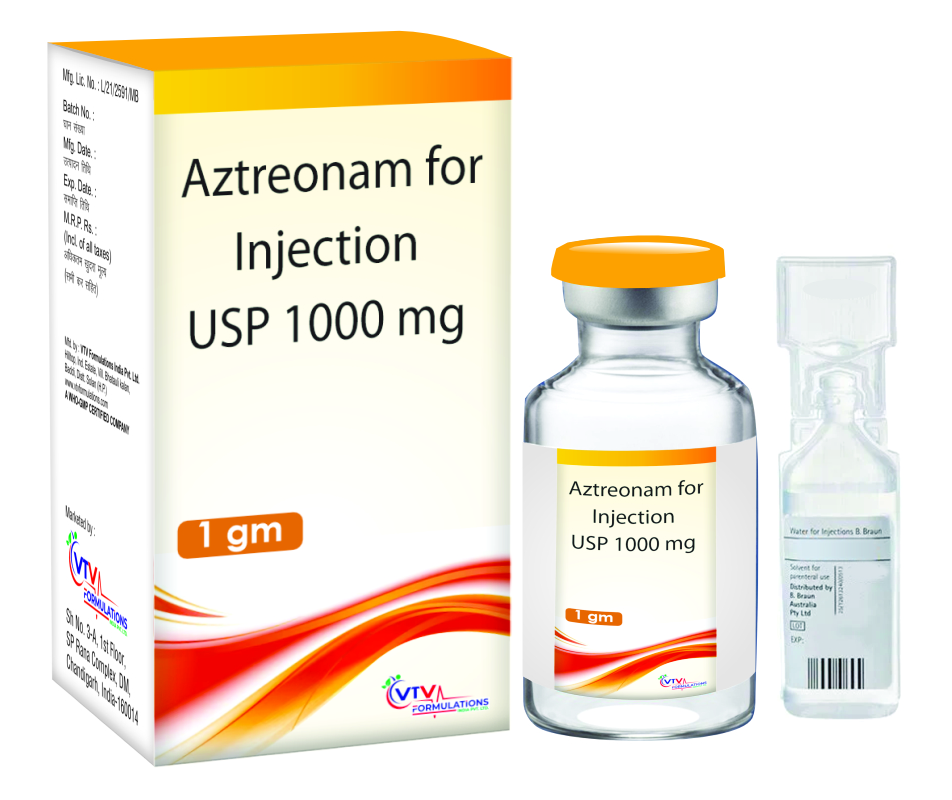 |
A Guide on How to Find the Right Contract Manufacturer for Your Injection in India
Managing Your First Injection Order — Balancing Costs and Quality
Securing your first injection molding order is an exciting milestone for any business. It signals that your product idea is moving from the design stage into real-world production. However, the transition is rarely smooth. Suppliers and manufacturers often suggest modifications—sometimes for technical feasibility and sometimes for cost optimization. For example, they may recommend altering wall thickness, changing the resin type, or adjusting dimensions to ensure proper mold flow. While these changes may seem minor, they can significantly impact costs, timelines, and even the end-user experience.
The biggest challenge at this stage is balancing quality with affordability. New businesses in particular may feel pressured to cut costs wherever possible, but compromising on quality can lead to higher rejection rates, product recalls, or brand reputation issues down the line. To strike the right balance, it is essential to understand where the money goes in injection molding:
- Raw Materials – Resin choice drives both quality and cost. Commodity plastics like polypropylene (PP) or polyethylene (PE) are cheaper, while engineering plastics such as ABS or polycarbonate are more expensive but necessary for high-performance products.
- Tooling Costs – Molds are the most significant upfront investment. A simple single-cavity aluminum mold may cost ₹50,000–₹1,00,000, while a complex steel multi-cavity mold can exceed ₹10,00,000. The quality of the mold directly affects consistency and lifespan.
- Labor and Machine Costs – Running advanced injection molding machines requires trained operators. Though India offers lower labor costs compared to Western countries, specialized skills and setup times still contribute to expenses.
- Quality Control – Inspection and testing safeguard your product against defects. Cutting corners here often backfires, resulting in wastage, rework, or failed shipments.
- Packaging and Logistics – Often underestimated, these costs can add up, especially if products need export-quality packaging or cold-chain transportation.
Maintaining quality is not optional in injection molding. Small errors in temperature control, pressure regulation, or cycle timing can result in warped parts, sink marks, or weak joints. Defects not only increase costs due to scrap but also delay deliveries. This makes working closely with your manufacturer critical. Establish clear tolerances, inspection protocols, and approval processes before mass production begins.
India is a growing hub for injection molding, offering cost savings, skilled labor, and government support. Still, navigating your first order requires careful planning. The best approach is to collaborate with the manufacturer from the start, define non-negotiables (such as safety standards), and remain flexible where design tweaks can save money without hurting quality. 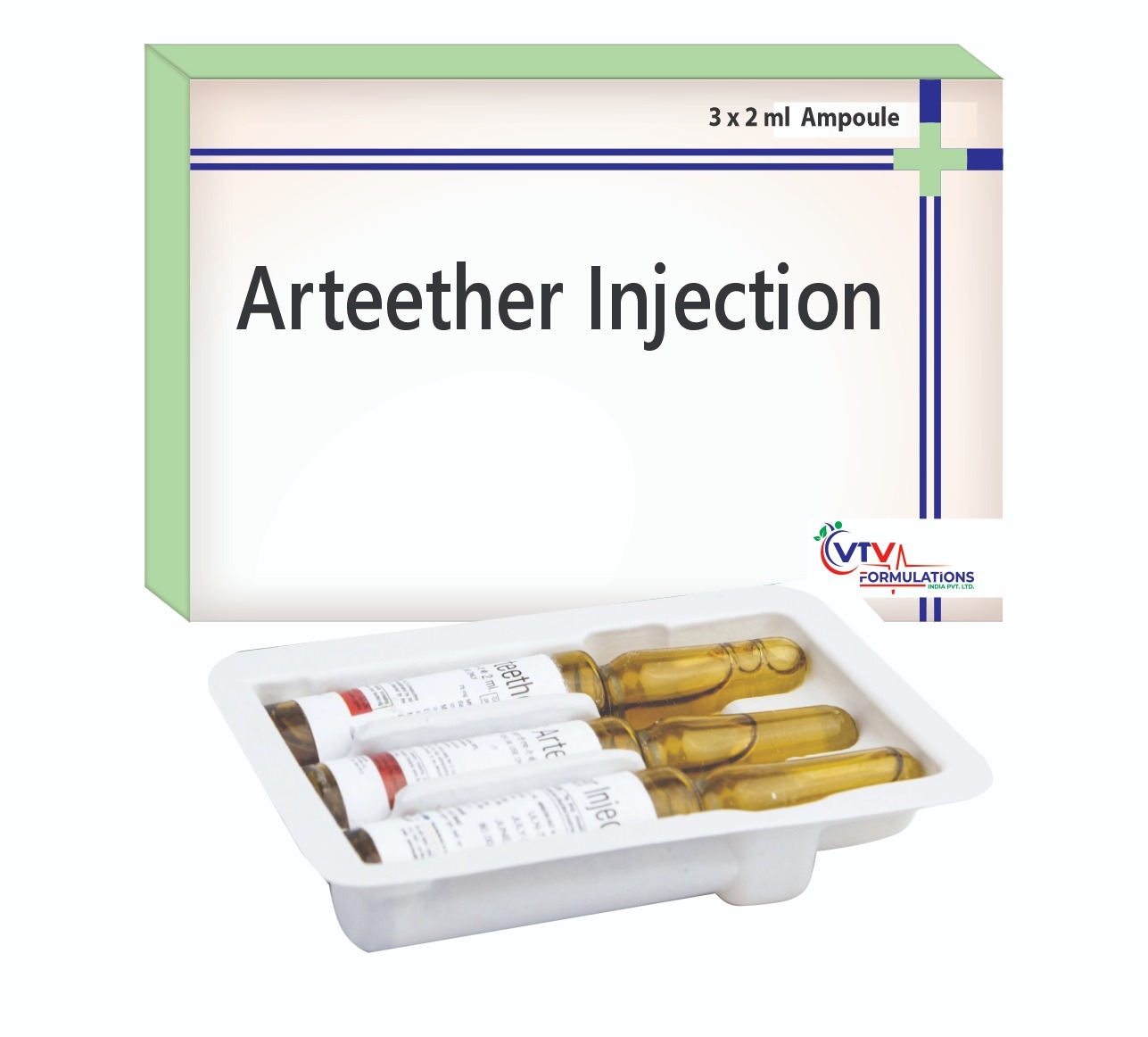 |
Third Party Manufacturing Pharmaceuticals In India
What is Third-Party Pharmaceutical Manufacturing?
Third-party pharmaceutical manufacturing is a business model where a certified manufacturing company produces medicines on behalf of another company, usually under the client’s brand name. This allows businesses—especially marketing companies, startups, and small pharma brands—to offer high-quality pharmaceutical products without owning or operating a manufacturing facility.
By outsourcing production to an experienced manufacturer, companies can focus entirely on branding, marketing, and distribution. This reduces the need for heavy capital investment in land, machinery, and trained personnel, which are otherwise required for setting up a pharmaceutical plant. It also eliminates the need to deal directly with regulatory authorities for manufacturing operations.
Why Do Companies Opt for This Model?
Third-party manufacturing is highly cost-effective and operationally efficient. Setting up a manufacturing facility involves large upfront investments, maintenance costs, and adherence to strict regulatory standards. By outsourcing production, companies avoid these hurdles and can bring products to market faster.
This model also provides operational flexibility. Businesses can scale production up or down depending on market demand without worrying about infrastructure limitations. Companies can focus on their core expertise—such as sales, marketing, and customer relationships—while leaving the production, quality control, and compliance to expert manufacturers.
How Does the Process Work?
The process of third-party manufacturing generally follows a structured workflow:
- Agreement: The client signs a detailed manufacturing agreement with a WHO-GMP-certified manufacturer, outlining product specifications, timelines, and deliverables.
- Product Selection: Clients choose from the manufacturer’s existing product list or request customized formulations to meet specific market needs.
- Regulatory Support: Manufacturers assist with regulatory documentation, stability studies, and compliance with local and international drug authorities.
- Manufacturing & Testing: Medicines are produced using advanced technology and tested rigorously for quality, safety, and efficacy.
- Branding & Packaging: Products are labeled and packaged under the client’s brand name according to design specifications.
- Delivery: The finished products are dispatched to domestic or international markets, ready for distribution.
Who Benefits From This Approach?
Third-party manufacturing is ideal for startups entering the market with limited capital. Marketing-focused companies can expand their product lines without investing in a manufacturing setup. Established pharmaceutical firms can also benefit by producing cost-effective products in India for global markets. It enables fast expansion, reduces operational risks, and ensures high-quality production.  |